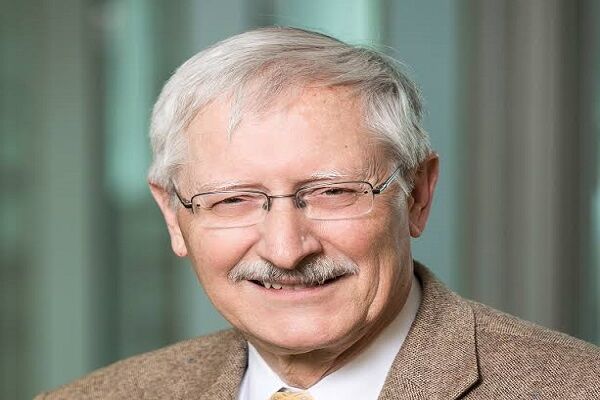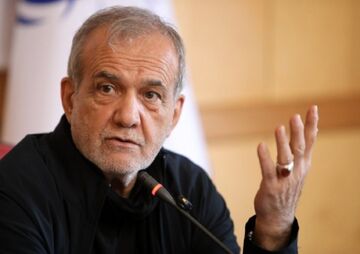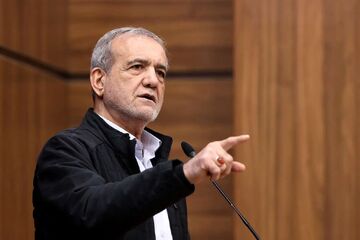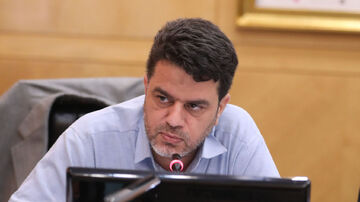TEHRAN(Bazaar) – Richard Kozlarich, member of the National Council of the College of Arts and Sciences at Valparaiso University, says: If the peace agreement between Armenia and Azerbaijan is implemented, the issue of Zangzur Corridor will be raised again because the Republic of Azerbaijan insists on its implementation.
Following is the full text of the interview:
Q: The Republic of Azerbaijan and Armenia have announced that soon a peace agreement will be made between them for the exchange of prisoners and the normalization of political relations. What are the reasons for a possible agreement between them?
A: The recent negotiations between Armenia and the Republic of Azerbaijan were carried out without mediation, which means that their leaders understand that war will only lead to destruction for both sides and waste resources.
Previously, the harsh positions of the President of Azerbaijan prevented a peace agreement, but now the Republic of Azerbaijan has a strong position in the negotiations, while Armenia does not have a strong position. So we can hope for a peace agreement between them. However, the tension between these two countries will continue and we will witness such tensions in the future.
Q: It seems that the Republic of Azerbaijan has fallen short of its initial positions after the Nagorno-Karabakh war in 2020. The decrease of Israel's support for Baku as a result of the Gaza war and the increase of America's and France's support for Armenia are said to be the reasons for this issue. What is your assessment?
A: I agree with this assessment because one of the most important reasons for the tension between the Republic of Azerbaijan and Armenia is the interference of other countries such as Turkey, America, Israel, France, Russia, Iran, etc. By reducing these interferences, we can hope for a peace agreement between them.
Q: After initial positions regarding the construction of the Zangzur Corridor and Iran's strong opposition, Baku and Ankara have agreed to communicate through Iran. Do you think the issue of Zangzur Corridor may be raised by them again?
A: Turkey always wants a land route to Azerbaijan and from there to North Iran and Central Asia. But if the peace agreement between Armenia and Azerbaijan is implemented, the issue of this corridor will be raised again because the Republic of Azerbaijan insists on its implementation.
Q: The reduction of Russia's support to Armenia has made Armenian Prime Minister Nikol Pashinyan to request a review of the border agreements with Russia. There were even talks about withdrawing from the collective security pact from Yerevan. Do you think these measures will be implemented? If so, what are the implications for Iran?
A: Russia is now involved in the war in Ukraine and can react to regional events less than in the past, but Armenia does not have the ability to create tension with other countries in the region, including Russia and Iran. Therefore, these statements are purely rhetorical.
Q: Regarding the decrease of Russian influence in the Caucasus, how do you evaluate the future developments of this region and its impact on Iran?
A: Now we see several crises in the Middle East and Central Asia: the ongoing war between Russia and Ukraine, the conflict between Armenia and Azerbaijan, and the war between Gaza and Hamas. Therefore, it is not possible to talk about the conditions of the region in the near future. It is clear that Russia's influence in this region will decrease.
















نظر شما